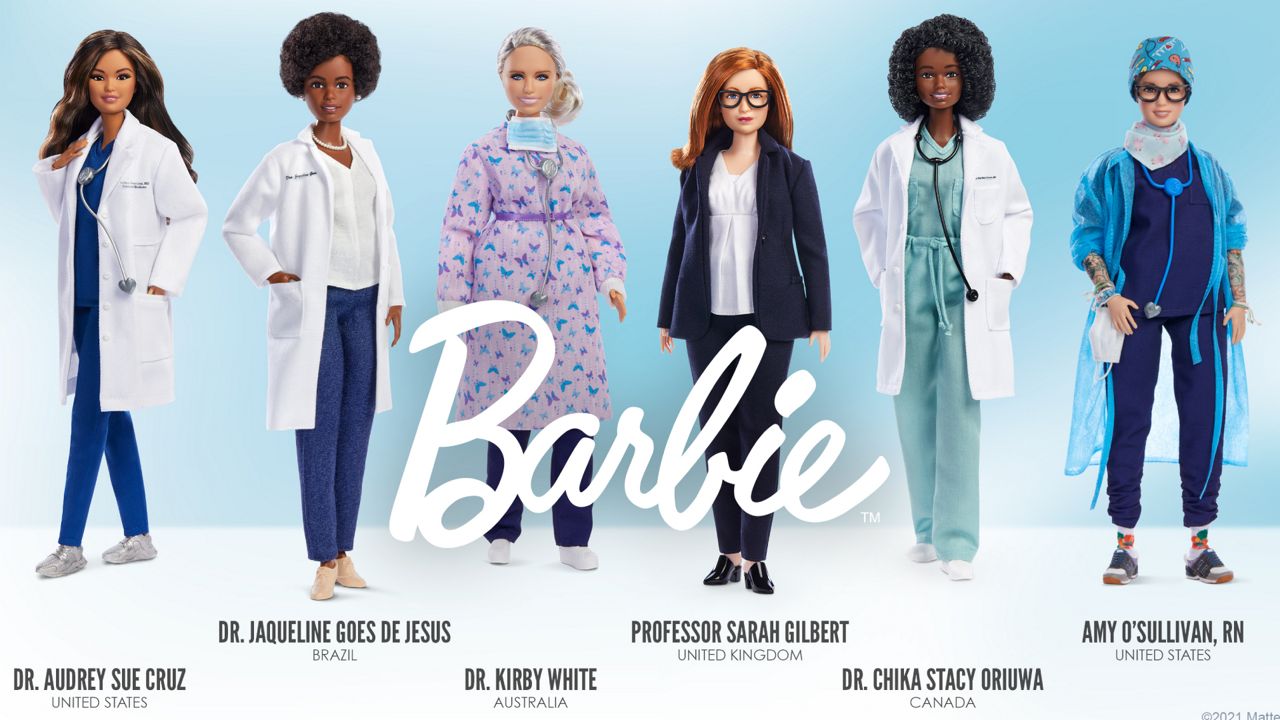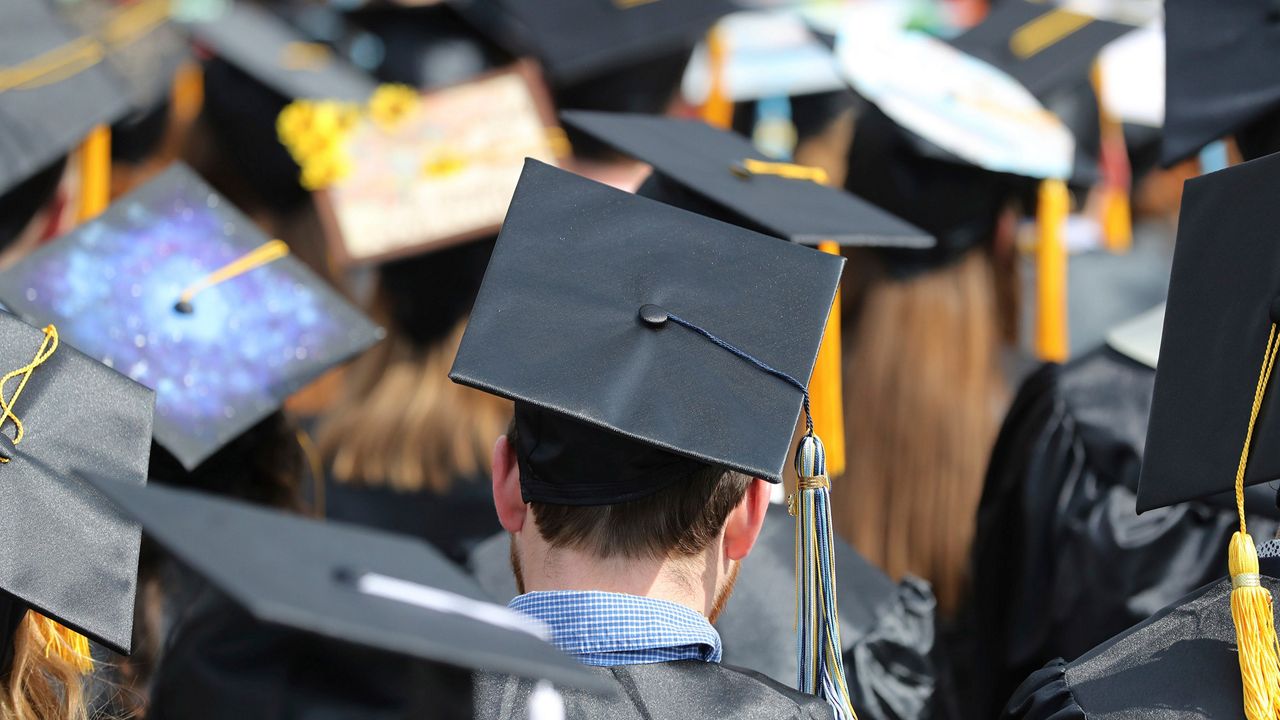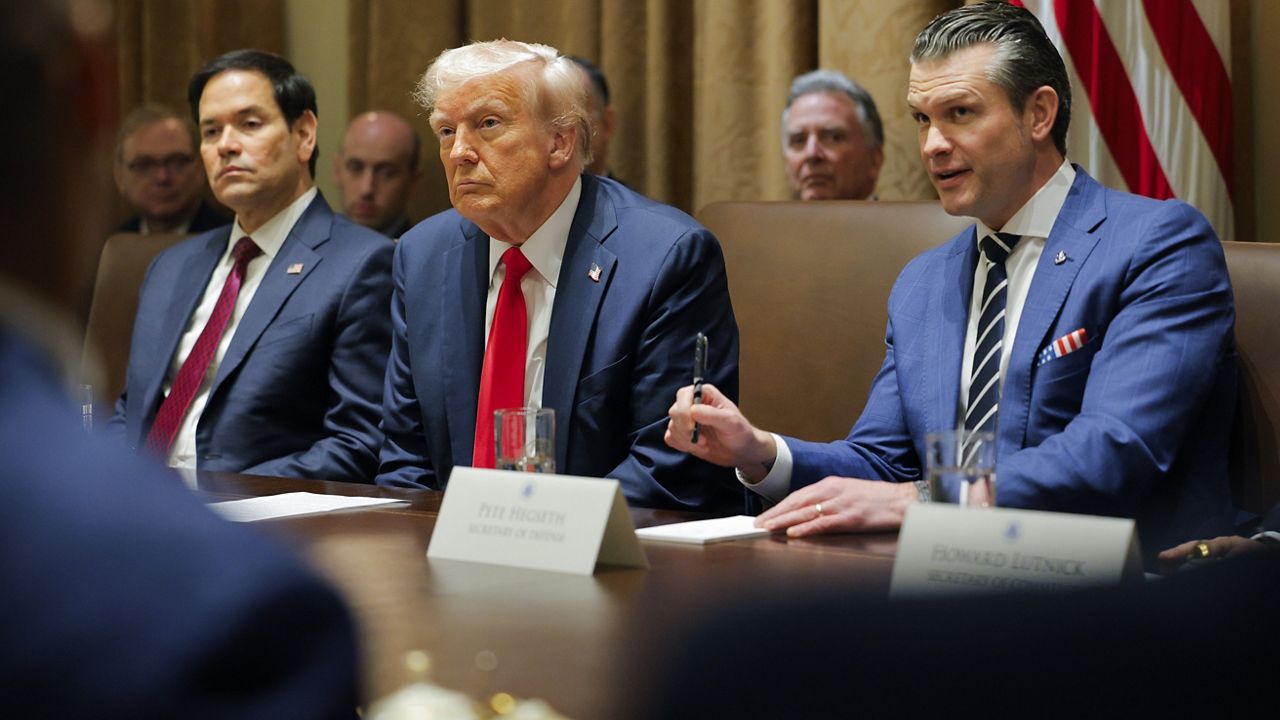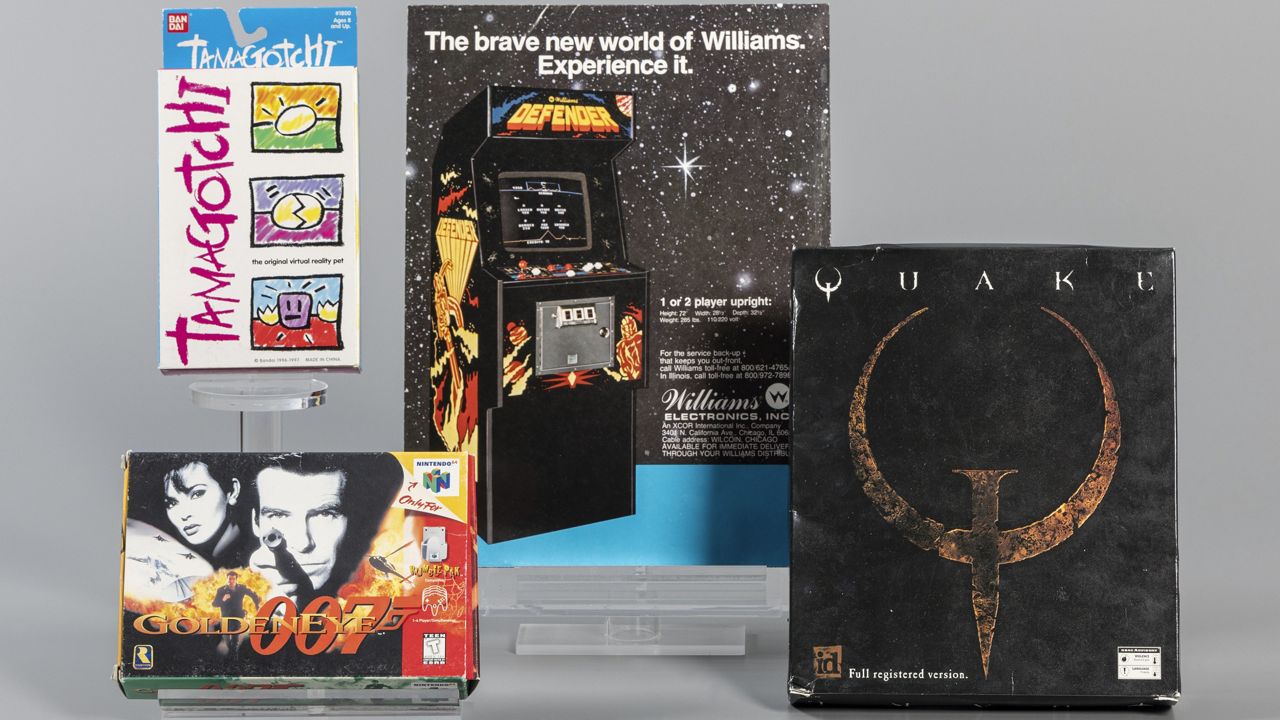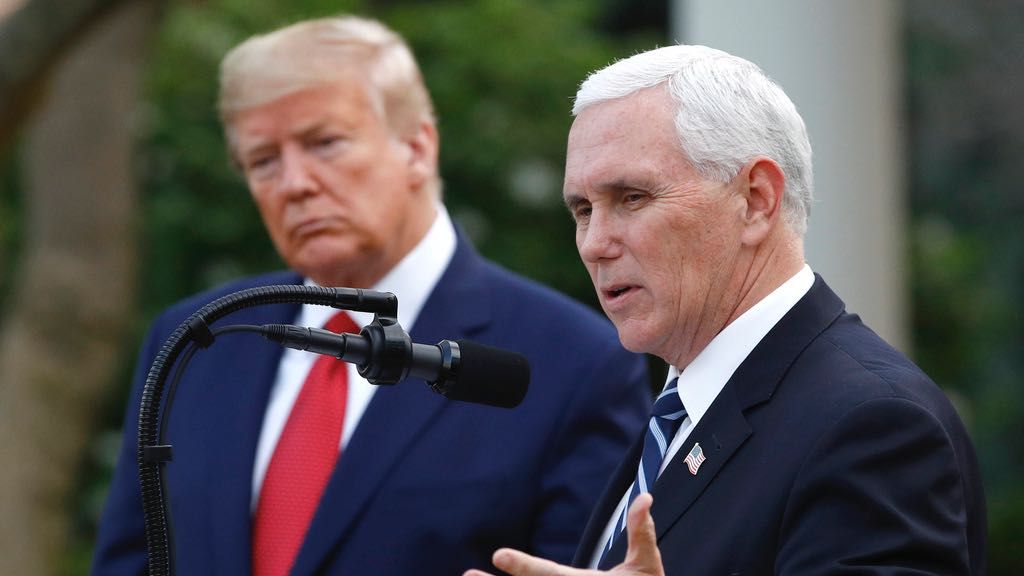Popular toy company Mattel is honoring the hard work of six frontline workers from around the world by creating one-of-a-kind, personalized Barbie dolls in the likeness of each individual.
The dolls will not be available for sale in-stores, but were instead created to honor the women who “made a positive impact in their communities, inspiring current and future generations for years to come,” the company said in a release.
The special Barbie dolls include women from five countries, with two honorees from the United States and one each from Canada, the United Kingdom, Brazil and Australia.
The replicas will include Amy O’Sullivan, who has worked for over 18 years as an emergency room nurse at Wyckoff hospital in Brooklyn, New York. In early 2020, she treated the first COVID-19 patient at the hospital, who later became the city’s first death from the virus in March.
O’Sullivan also contracted the disease and was intubated, before recovering and returning to care for other sick patients. She was honored in TIME magazine’s “100 Most Influential People of 2020” in an article written by Katie Couric.
Dr. Audrey Sue Cruz is a frontline worker living in Las Vegas who teamed up with other Asian-American physicians in order to “fight racial bias and discrimination” directed at the community amid the coronavirus pandemic.
Stop AAPI Hate, an organization working to stem the tide of violence against the Asian American and Pacific Islander community, has recorded a “staggering increase” in hate crimes directed towards the AAPI community amid the pandemic. The uptick in violence can be attributed, at least in part, to former President Donald Trump’s use of racially charged terms like “Chinese virus” at the outset of the pandemic.
Dr. Chika Stacy Oriuwa of Canada will also receive a Barbie in her likeness for the work she has done to dismantle systemic racism in healthcare. Oriuwa, a resident of psychiatry at the University of Toronto, has spoken publicly about the barriers she faced as the only Black student in her first year medical school class.
"What is even more beautiful about this opportunity is that the Barbie is a Black female doctor that is made in my image," Oriuwa told the Canadian Press. "That really speaks to my core value and my core belief that you can truly become anything and you can truly occupy any space and thrive."
Professor Sarah Gilbert, an expert in vaccinology, is largely responsible for creating the AstraZeneca COVID-19 vaccine at the University of Oxford vaccine in the U.K. While she told The Guardian she first found it “strange” to have a Barbie created in her likeness, she hopes the doll will encourage more young girls to participate in science, technology, engineering and mathematics.
“I am passionate about inspiring the next generation of girls into Stem careers and hope that children who see my Barbie will realise how vital careers in science are to help the world around us,” she told The Guardian. “My wish is that my doll will show children careers they may not be aware of, like a vaccinologist.”
Dr. Jaqueline Goes de Jesus is a biomedical researcher who is “credited for leading the sequencing of the genome of a COVID-19 variant in Brazil,” according to Mattel. Her work made it possible to better treat the COVID variant detected in Brazil from the one first discovered in Wuhan, China.
The final Barbie goes to Dr. Kirby White, a general practitioner in Australia and co-founder of the Gowns for Doctors initiative. White and her co-creator were responsible for sewing and shipping reusable protective gowns for hard-hit areas in the country, where PPE supplies were dwindling at an alarming rate.
While these six Barbie dolls will not be available for purchase, Mattel has a number of generic doctor, nurse and paramedic dolls in stores. The company plans to donate $5 to the First Responders Children’s Foundation (FRCF) for each frontline doll purchased from participating Target locations during the month of August.




